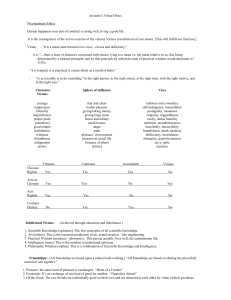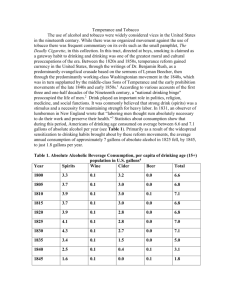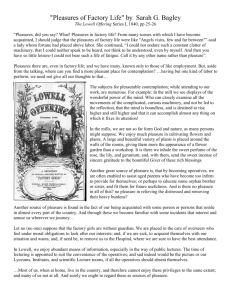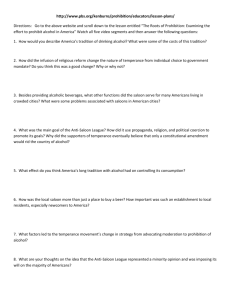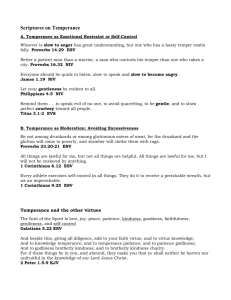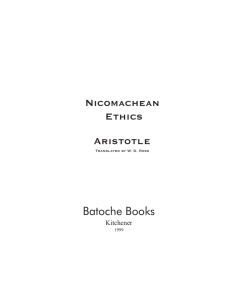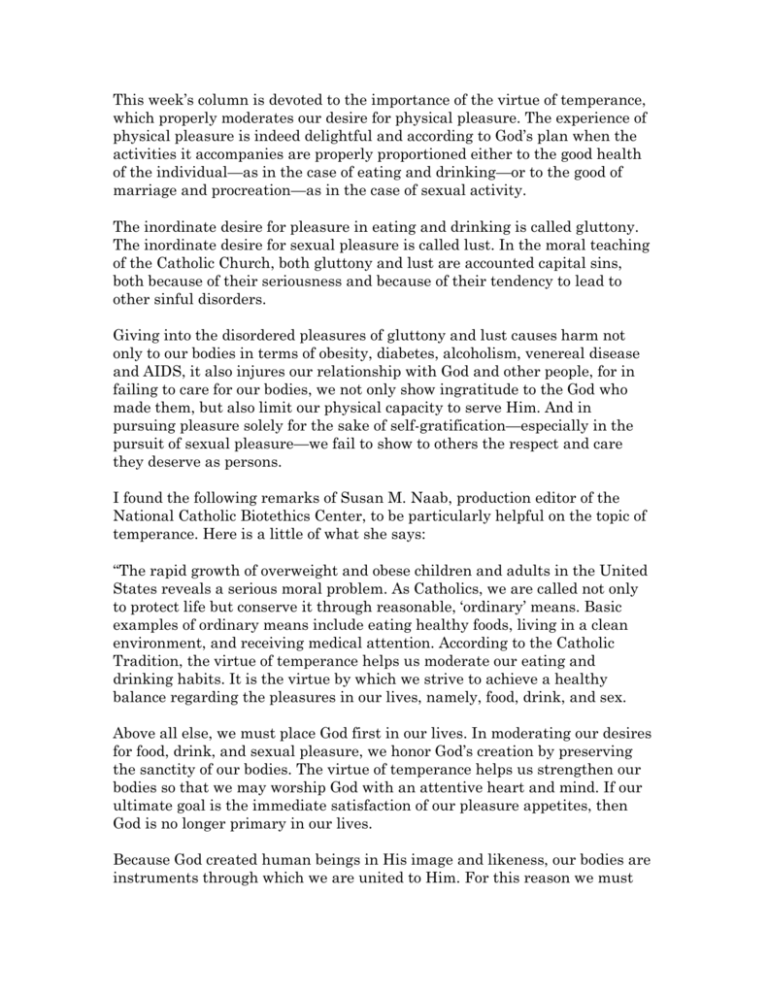
This week’s column is devoted to the importance of the virtue of temperance,
which properly moderates our desire for physical pleasure. The experience of
physical pleasure is indeed delightful and according to God’s plan when the
activities it accompanies are properly proportioned either to the good health
of the individual—as in the case of eating and drinking—or to the good of
marriage and procreation—as in the case of sexual activity.
The inordinate desire for pleasure in eating and drinking is called gluttony.
The inordinate desire for sexual pleasure is called lust. In the moral teaching
of the Catholic Church, both gluttony and lust are accounted capital sins,
both because of their seriousness and because of their tendency to lead to
other sinful disorders.
Giving into the disordered pleasures of gluttony and lust causes harm not
only to our bodies in terms of obesity, diabetes, alcoholism, venereal disease
and AIDS, it also injures our relationship with God and other people, for in
failing to care for our bodies, we not only show ingratitude to the God who
made them, but also limit our physical capacity to serve Him. And in
pursuing pleasure solely for the sake of self-gratification—especially in the
pursuit of sexual pleasure—we fail to show to others the respect and care
they deserve as persons.
I found the following remarks of Susan M. Naab, production editor of the
National Catholic Biotethics Center, to be particularly helpful on the topic of
temperance. Here is a little of what she says:
“The rapid growth of overweight and obese children and adults in the United
States reveals a serious moral problem. As Catholics, we are called not only
to protect life but conserve it through reasonable, ‘ordinary’ means. Basic
examples of ordinary means include eating healthy foods, living in a clean
environment, and receiving medical attention. According to the Catholic
Tradition, the virtue of temperance helps us moderate our eating and
drinking habits. It is the virtue by which we strive to achieve a healthy
balance regarding the pleasures in our lives, namely, food, drink, and sex.
Above all else, we must place God first in our lives. In moderating our desires
for food, drink, and sexual pleasure, we honor God’s creation by preserving
the sanctity of our bodies. The virtue of temperance helps us strengthen our
bodies so that we may worship God with an attentive heart and mind. If our
ultimate goal is the immediate satisfaction of our pleasure appetites, then
God is no longer primary in our lives.
Because God created human beings in His image and likeness, our bodies are
instruments through which we are united to Him. For this reason we must
never abuse or neglect our health. With this proper perspective in mind,
balancing the pleasures of food and drink should not become a burden.
Focusing on living a temperate life to honor God helps us to properly balance
our needs and pleasures. From a physical perspective, moderating our eating
and drinking habits is important in order to be alert and make prudent
decisions. Often if we overeat, we become sluggish and inattentive to the
things around us. It is important to guard against gluttonous behavior to
keep the focus on our relationship with God. We must be careful not to do
anything that might jeopardize our spiritual well-being. For example, if we
pursue pleasure as our final end, then that may lead to our ultimate rejection
of Him.
Finally, practicing the virtue of temperance helps us become more selfless
and attuned to the needs of others. If we focus on our relationship with God
first, we discover that loving Him entails loving others as well. In having a
less self-centered outlook, we begin to see the problems around us and work
for change. Temperance begins with loving ourselves for God’s sake, but then
it enables us to transfer this love to our neighbor.
To answer the question, Is practicing the virtue of temperance really
important? the Church says yes, because temperance opens the door to the
other virtues, namely, love. If we can become less self-centered in our
pleasurable pursuits and live a healthy life, then we become more attentive
to the larger problems of the world. Loving God and our neighbor means
having a proper self-love first, assisted by the virtue of temperance.”
Have a great week!
Father Tappe

